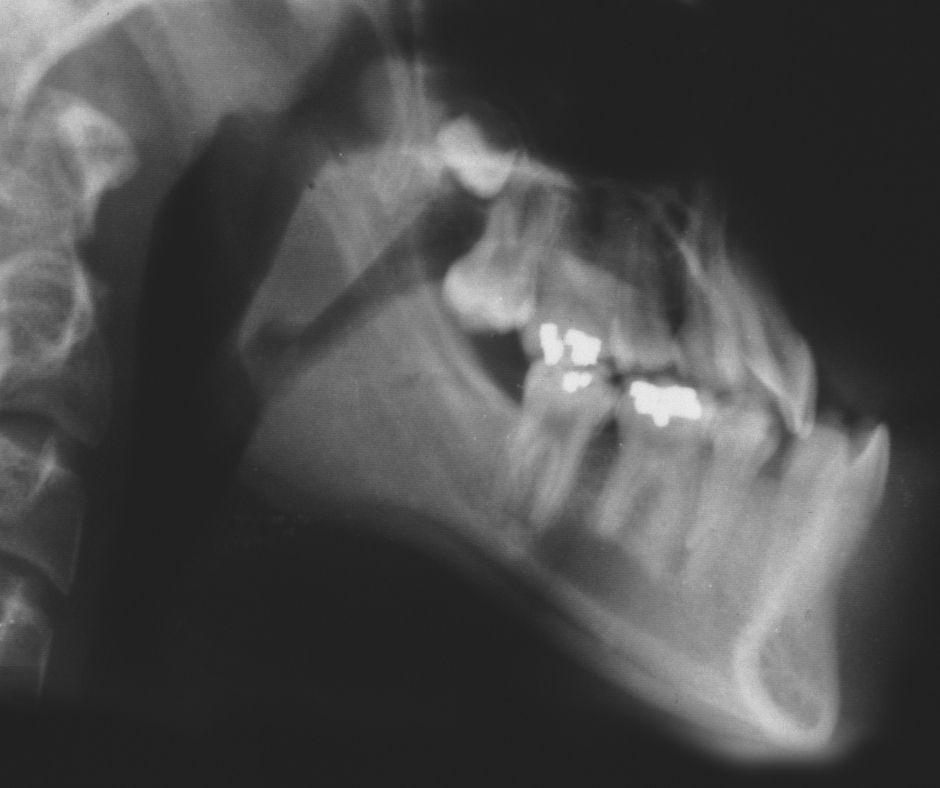Types, Causes, Diagnosis, and Treatments of Prognathism


Prognathism is a condition in which the jaw is misaligned. It’s also known as the Habsburg jaw or expanded chin. If you have a prognathic jaw, it seems to be crooked or projecting. Due to jaw malformation, a prognathic face may appear angry all of the time. This is a condition that parents can detect in their children at a young age.
There are three different forms of prognathism. The following are some of them:-
Maxillary Prognathism vs. Mandibular Prognathism
While all three kinds of prognathism result in a prognathic face, they affect distinct areas of the jaw. However, many people confuse maxillary prognathism with mandibular prognathism. Maxillary prognathism is a condition in which the upper jaw protrudes from the face. Mandibular prognathism, on the other hand, results in a prognathic lower jaw. This indicates that your lower or bottom jaw protrudes from your face.
Bimaxillary prognathism, on the other hand, causes the upper and lower jaws to protrude further than the face.
When you see these systems, you should take yourself or your child to the orthodontist:-
When you go to your Dentist or healthcare provider for a prognathic jaw study, they will do the following to assist you:-
Depending on your condition, you can get partial or complete relief from the complications of the prognathic jaw. However, the treatment of prognathism takes time and patience. You may also need the help of an oral surgeon to realign your jaw.
Our team of expert dental surgeons have the experience of successfully treating various prognathism cases. Contact us now for a free consultation.
We look forward to meeting you. Call 541-688-7278 or request an appointment online to set up your first visit. We’ll be in touch soon.